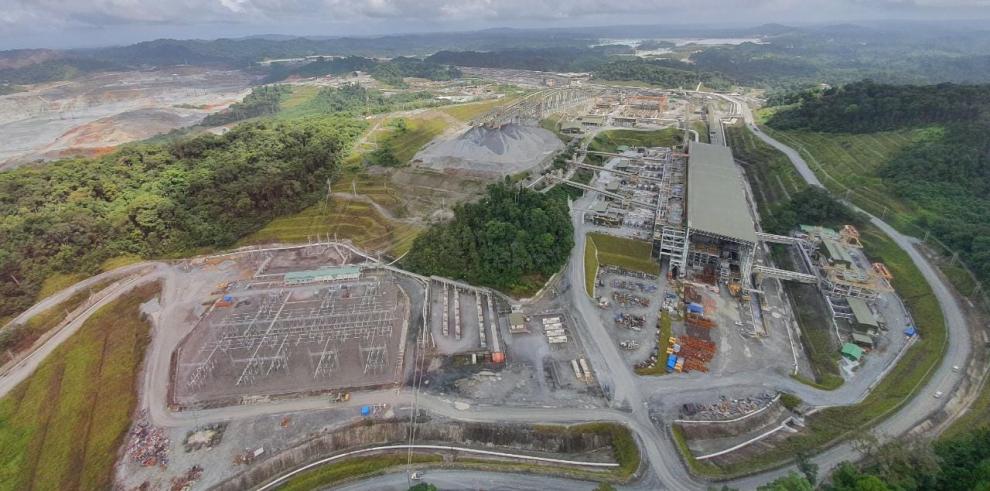Cabinet approves changes to mining contract as opponents plan march

The Cabinet announced on Tuesday, October 10 that it has approved the modifications to the mining contract that were agreed with Minera Panamá, following suggestions made by the Commerce Commission of the National Assembly but still faces protests from opposition groups.
According to the Executive, clauses related to land expropriation were eliminated from the contract.
The Government assures that the company can only explore, extract, and exploit copper and its associated minerals in the concession area in the districts of Donoso and Omar Torrijos (Colón).
The Government says that minerals cannot be extracted outside the concession area.
In a statement, the Executive also informs that the company’s right to request restricted access to final beneficiaries was eliminated and that this information is subject to the general law of Panama.
An important aspect to highlight is that the scope of these changes with respect to other articles in the contract must be evaluated.
For example, if the expropriation clauses are eliminated, it would be necessary to review whether the articles related to the project being of national interest were also eliminated because this would open a door to expropriation.
The draft of the new contract must be presented once again to the National Assembly for evaluation.
In a recent statement, Minera Panamá had said that it was willing to sit down with the Government to analyze the recommendations made by the Assembly’s Commerce Commission.
Some sectors that oppose mining exploitation expressed their rejection of the announcement and The National Alliance People United for Life announced a march for Thursday, October 12, to the Presidency to reject the new agreement.





